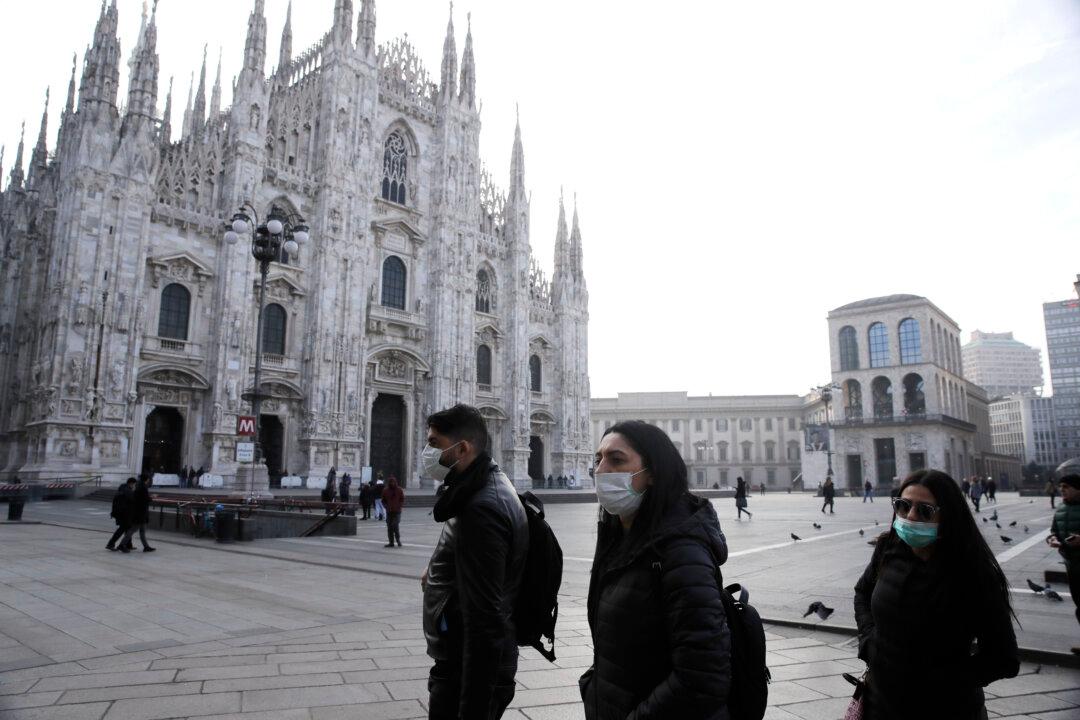CODOGNO, Italy—Italy scrambled Sunday to check the spread of the new viral disease amid rapidly rising numbers of infections in the country and a third death, calling off the Venice Carnival attended by thousands of revelers, scrapping major league soccer matches in the stricken area and shuttering theaters, including Milan’s legendary La Scala.
Also rising was concern in Europe, including by neighboring Austria, which dangled the specter of closing its border if the health emergency worsens.





